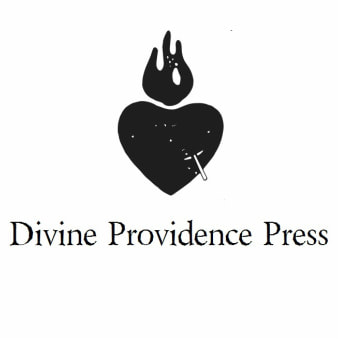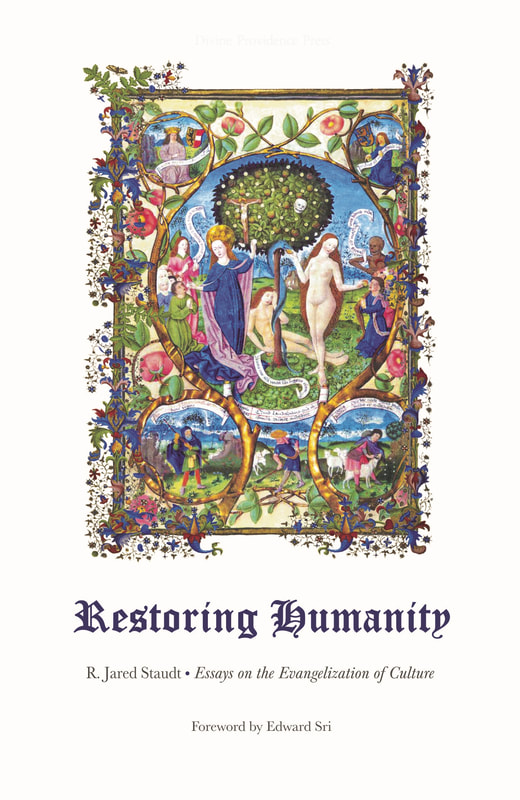Divine Providence Press works to spread the fragrance of Christ throughout the world, scattering little petals of providence by means of spiritual classics, devotional literature, children's books and other writings that incarnate God's beauty and the splendor of truth.
RECENT RELEASES
Divine Providence Press © 2013 | Contact: wisebloodbooks@gmail.com


